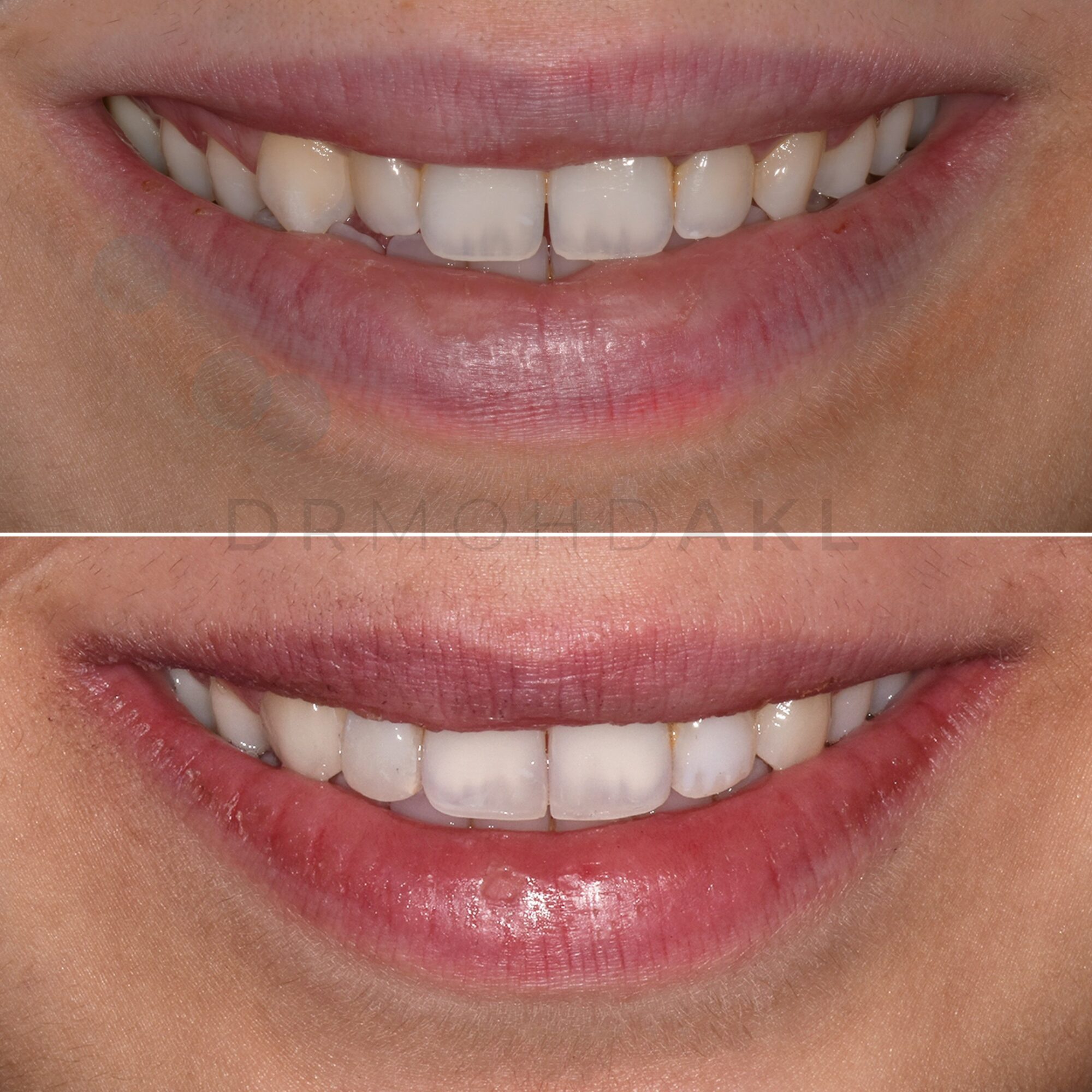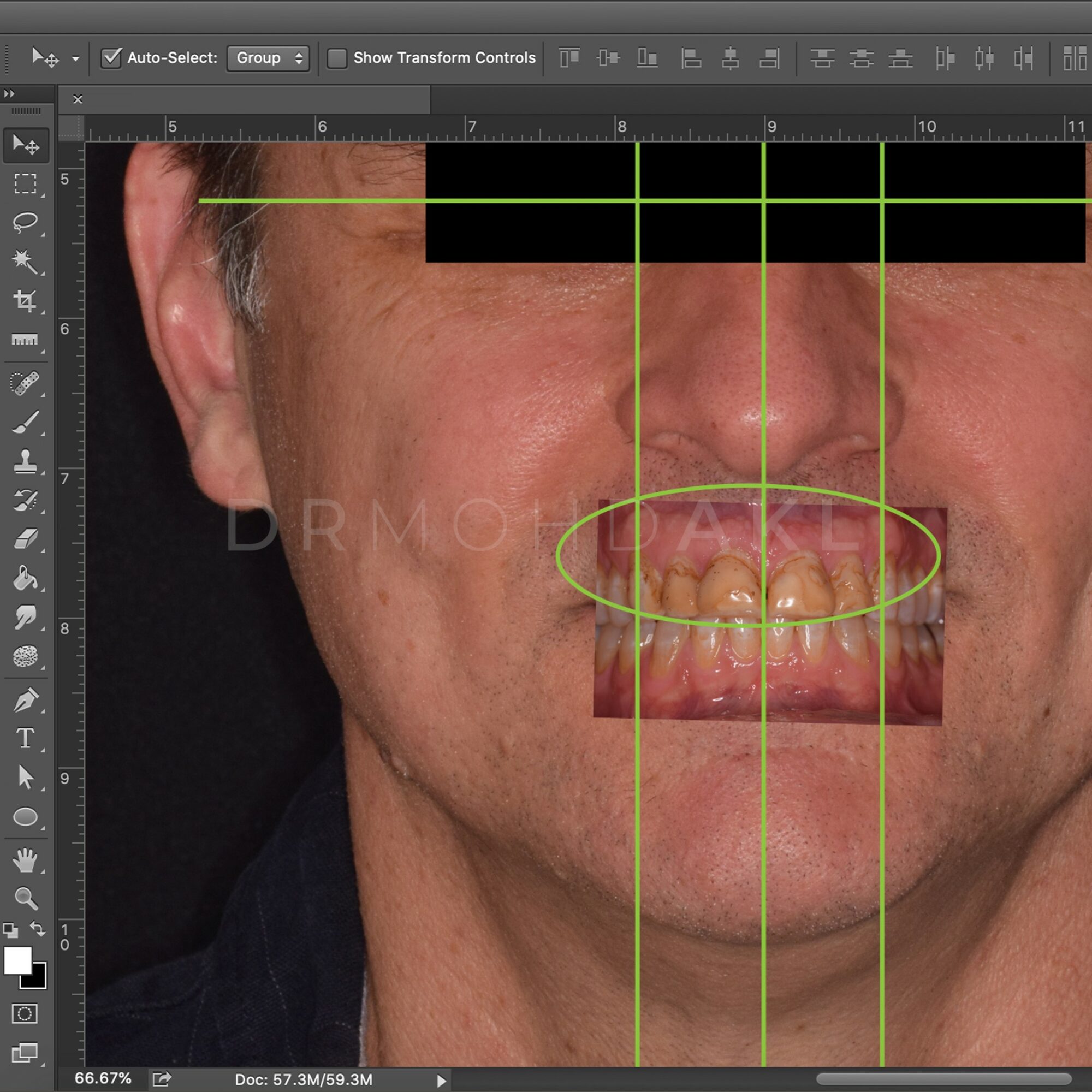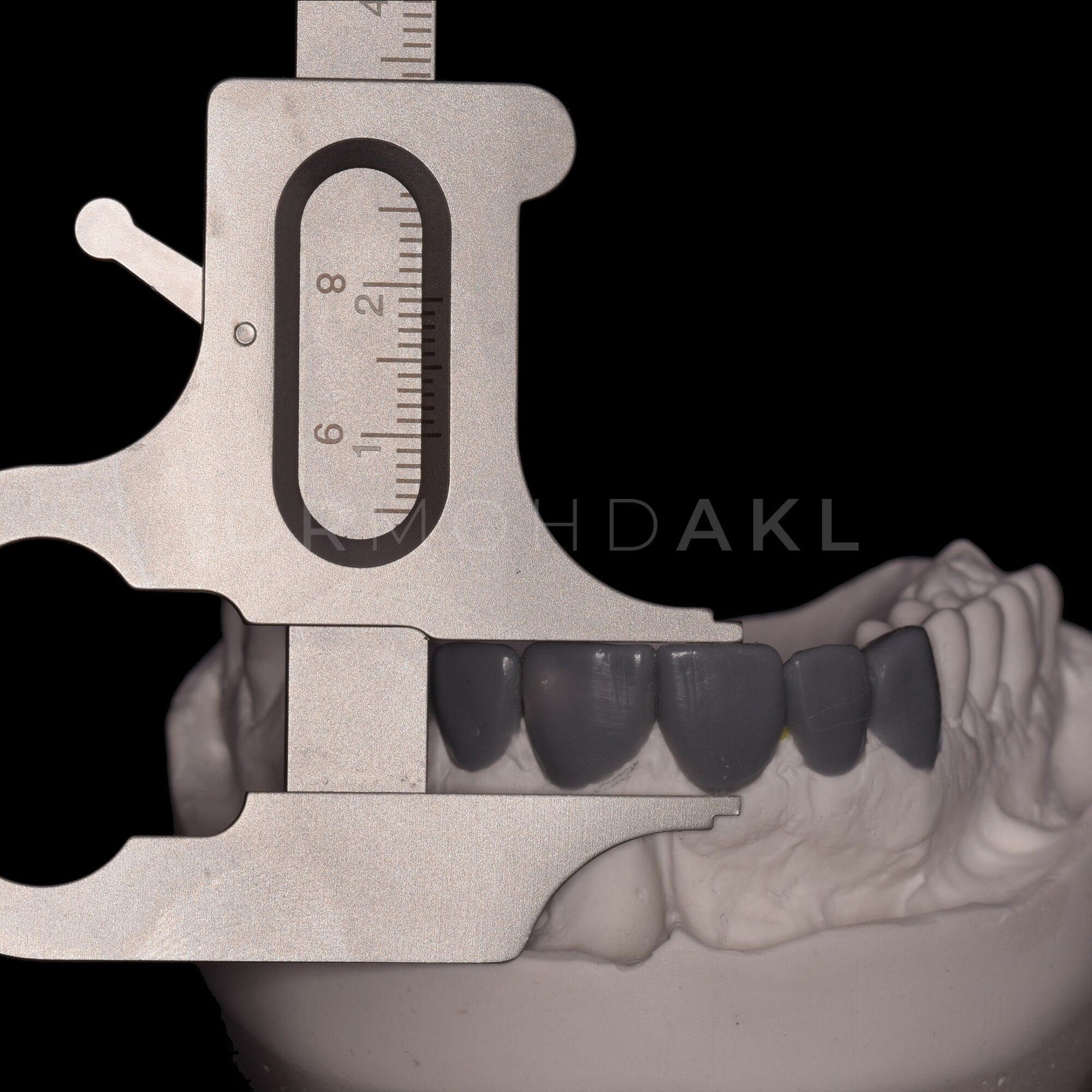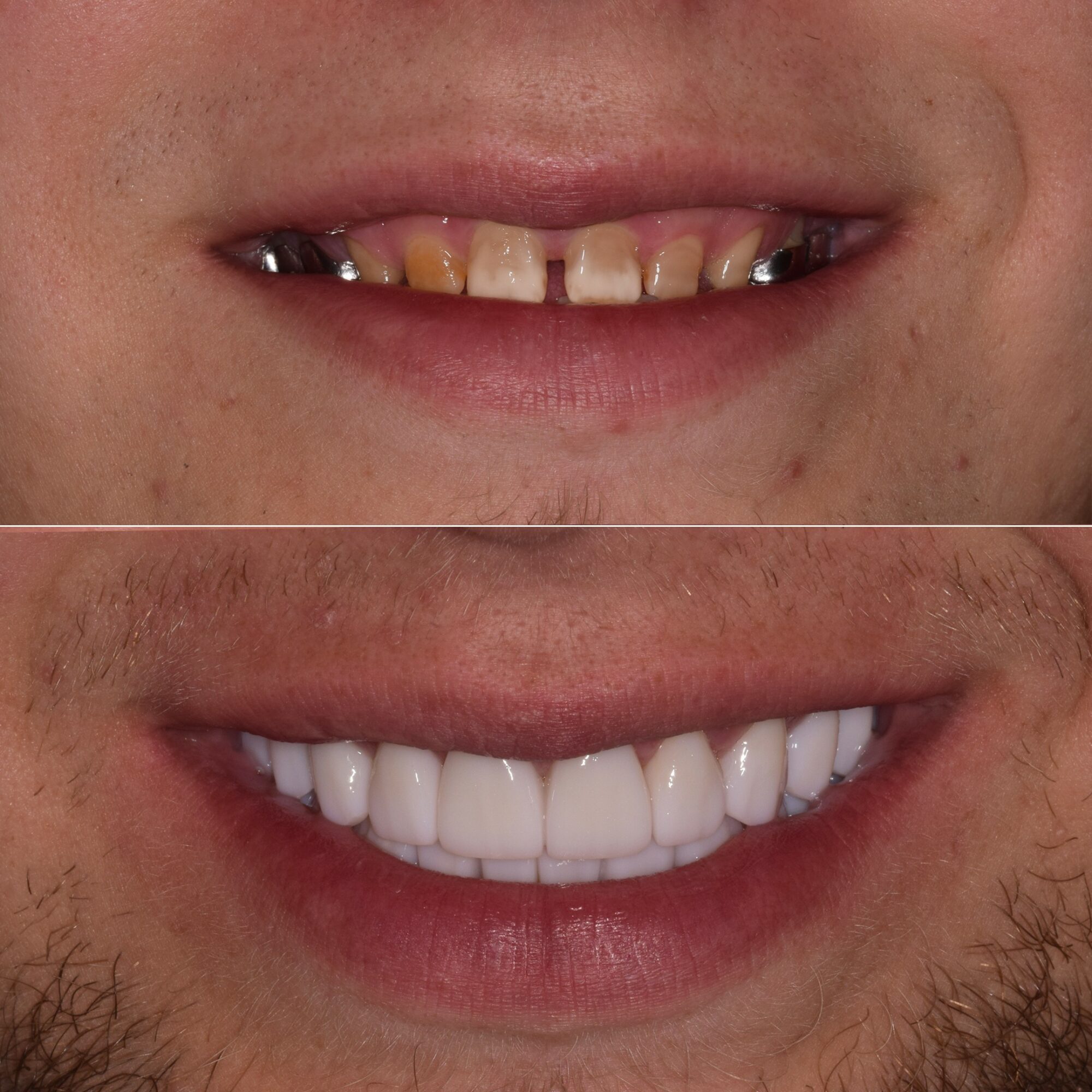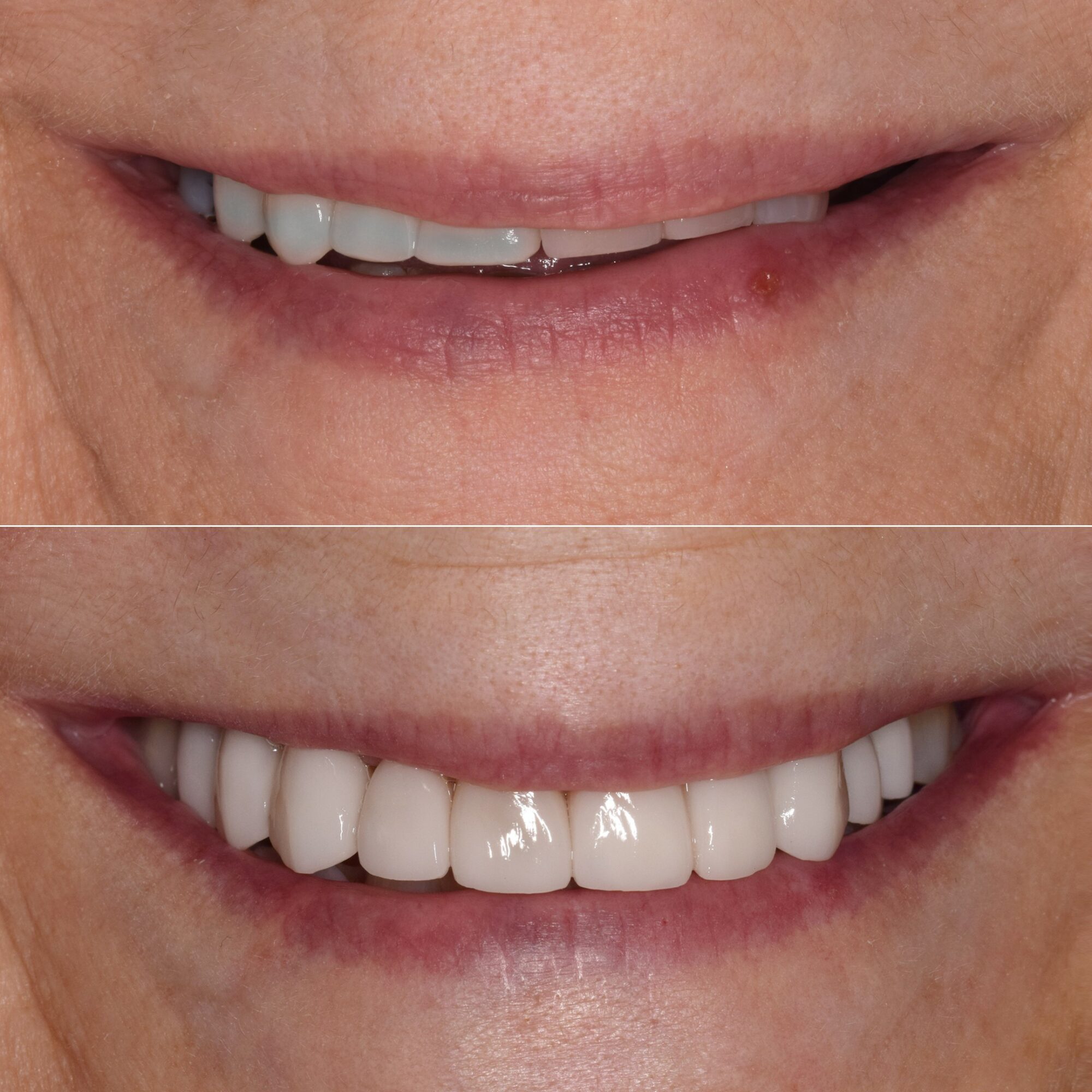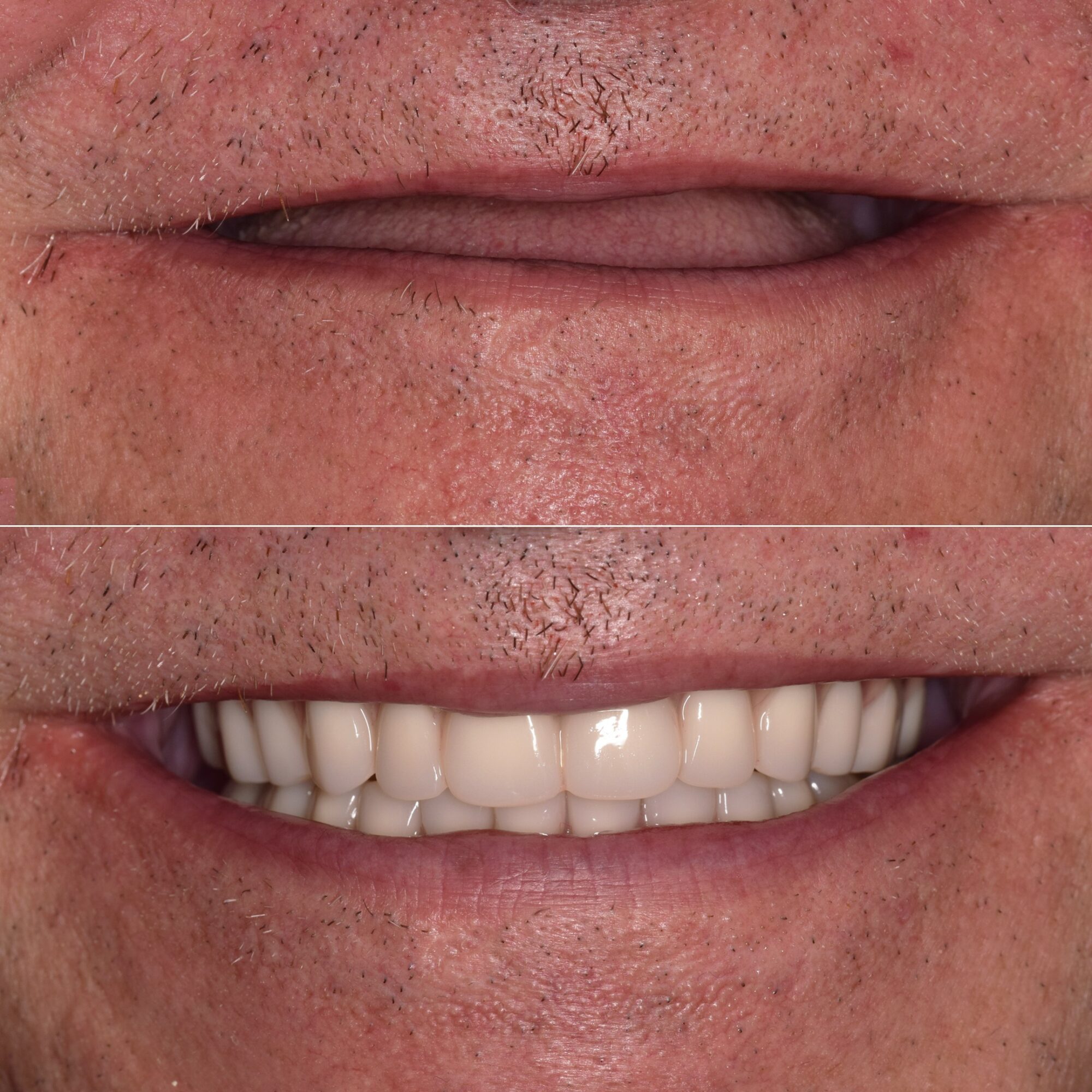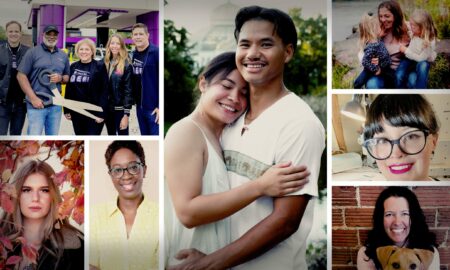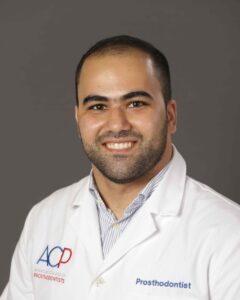 Today we’d like to introduce you to Mohammed Akl.
Today we’d like to introduce you to Mohammed Akl.
Alright, so thank you so much for sharing your story and insight with our readers. To kick things off, can you tell us a bit about how you got started?
My family moved from Beirut, Lebanon to Dubai, UAE when I was a few years old. I grew up in Dubai and went to dental school at the University of Sharjah in the UAE. Despite joining dental school at an early age, I worked hard not only to become a good clinician but also to develop my leadership and social skills. I was elected as President of the Dental Student Association in my 3rd year, and was further elected as Delegate of the UAE to the International Association of Dental Students. I graduated with honors from the College of Dental Medicine at the age of 22.
I knew that I wanted to specialize in prosthodontics since I was in dental school, and really wanted to come to the United States. This was because I had seen the quality of work and the rigorous training that programs had to offer here. However, getting into a residency training program as a “foreign dentist” is not at all easy. The National MATCH program is a system which most residency programs use to select their future residents. It works in a way where schools rank their favorite applicants, and applicants rank their favorite schools. The algorithm then works it’s magic to match applicants and schools together until the seats are filled. While I was in my senior year of dental school, I applied, interviewed and unfortunately did not match.
I was still dead-set on my goal to become a Prosthodontist, and so I joined a general practice in Lebanon while I prepared for the upcoming cycle. During that year, I worked on improving my clinical skills and getting as much experience as possible. I also volunteered part-time in community clinics, where many people who could not afford treatment, including refugees, came seeking pain relief. I matched into the residency program at the University of Minnesota during my second try. Getting acclimated to a completely new environment, workflow, institution and, most importantly, the weather, was a challenging task. As the youngest resident in the program, I had to work hard to prove that I was as capable as my co-residents who were more experienced clinicians. During my first year, I was awarded the Fanny N. Freund Advanced Education Scholarship for my work as an instructor in pre-doctoral prosthodontics. Further, I was the first and only resident to date to be awarded the Graduate Prosthodontic Research Scholarship for my MS research and publications.
At the beginning of my senior year of residency, I was chosen as Chief Resident by the Program Director and members of the faculty. This prestigious position is granted yearly to one of the senior residents. Prior to graduation, I was awarded the 2022 President’s Student Leadership and Service Award by President Joan Gabel as recognition to my contribution to the University of Minnesota. I will be joining the the Division of Prosthodontics at the University of Minnesota as a Clinical Assistant Professor in July.
Would you say it’s been a smooth road, and if not what are some of the biggest challenges you’ve faced along the way?
There were so many obstacles along the way. I came to a new country where I had no friends, no family and knew nothing. I had to furnish a home, get my government documents and dental license in a very short period of time, without having much to go on besides the internet. Having lived in the Middle East my whole life, the first Minnesota winter was brutal.
There are certain diseases and treatment modalities that are very common here, but are not so common in the Middle East, so getting to see these things for the first time was interesting. Most importantly, residency is extremely challenging, both physically and mentally. There were so many times where I thought I would not make it through, especially in first year. Not only do we have an 8-5 schedule, but you are expected to stay behind in the lab after hours to do all the necessary labwork. In practice, this labwork is sent out to dental labs and is returned to the dentist. However, this was all part of the training. As a result, it was very common to leave school at 10 or 11 pm. Certain periods where patient care was condensed required so much labwork that we would have to stay in the lab until 1 or 2 am, and then get up the next day to be at school at 8 am.
Appreciate you sharing that. What else should we know about what you do?
I am a specialist in Prosthodontics. The term may not be familiar to many people, but it describes dentists who spend at least 3 years of additional training learning the art and science of restoring form and function of teeth. As a result, Prosthodontists are highly trained in cosmetics, dental implants, crowns, bridges, dentures, digital dentistry, temporomandibular disorders (TMJ/TMD), and more.
I am very passionate about cosmetic dentistry, and love doing cosmetic dental procedures that are life changing. Although certain parameters of esthetics are objective, many are subjective and the definition of beauty differs from person to person. Most patients that come to the dentist for cosmetic work already have an image in their head of what they’d like. I love the challenge of carefully listening to what they are describing, analyzing the details and trying to bring their vision to life. With digital dentistry, I am able to utilize technology to help patients visualize changes before we even begin treatment by utilizing virtual smile designs and “trial” or “mock-up” smiles. Digital technology also helps convey what works or doesn’t work for that particular case. For example, patients may come in asking for celebrity X’s smile, but that smile may not necessarily look good on everyone. Everyone is unique in their own way, which is why there is always that artistic, personalized touch that I think adds value to the smile. Contrary to what people may think, changing the appearance of teeth or a smile not only corrects physical concerns, but also has a direct impact on mental health, self esteem and overall happiness and quality of life.
Before we go, is there anything else you can share with us?
As cliché as it may sound, nothing worth having comes easy. My mentor in dental school, Prof. Richard Simonsen, always told me: the harder you work, the luckier you get.
Contact Info:
- Email: [email protected]
- Website: www.drmohdakl.com
- Instagram: instagram.com/drmohdakl
- Twitter: twitter.com/drmohdakl
